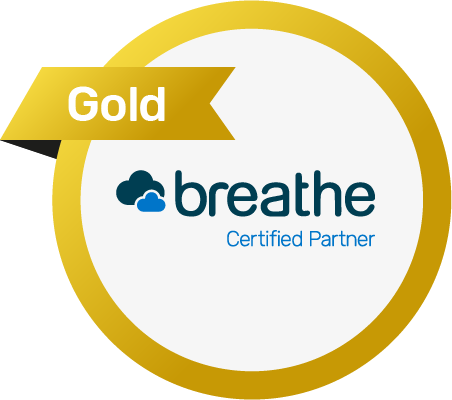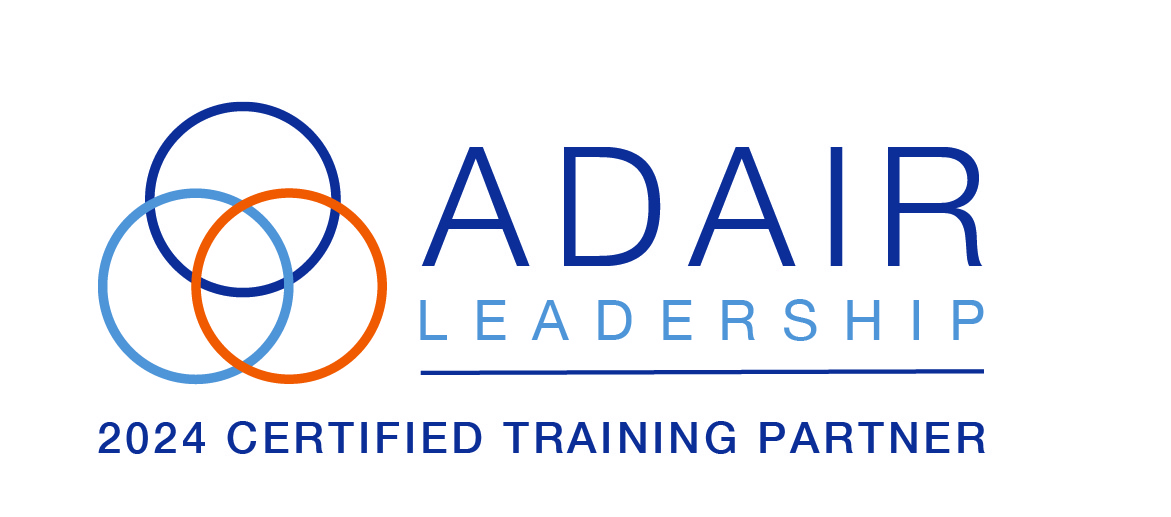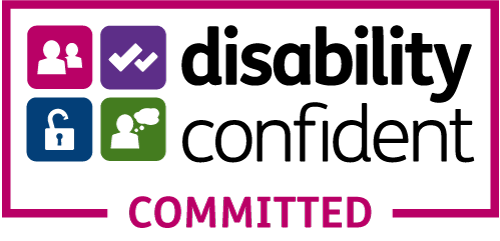Coronavirus Changes in Wales FAQ
28 March 2022 Update
Following several press releases by the Welsh Government, currently in Wales on 28 March 2022, all remaining restrictions will be removed save for limited requirements that will remain in place at the moment. This involves the following changes regarding Coronavirus restrictions:
- No legal requirement to wear a face covering in retail or public transport (but an ongoing requirement in health and care settings);
- No legal requirement to continue to self-isolate if you have Coronavirus symptoms or a positive test but instead people will be asked to stay inside if they test positive; and
- Businesses will still be asked to complete risk assessments.
The answers below also apply to England in terms of self-isolation and SSP.
Questions and Answers
Do you still have to isolate if you test positive after 28 March 2022?
No. If you test positive after 28 March 2022 then you are not legally required to isolate as before. Instead there will be guidance to test if symptomatic, and isolate if positive.
Do employees have to come to work?
No. If they test positive for Coronavirus, and feel unwell, then they are entitled to sign themselves off as ill, as guidance will be in place regarding isolating. If absent, the usual rules will apply, namely for the first 7 days, they can self-certify, with an absence from day 8 onwards requiring a GP Certificate (Statement of Fitness).
How do the changes affect Statutory Sick Pay (SSP)?
The rules have reverted to the ‘traditional’ pre covid SSP rules as from 24 March 2022. This applies to Wales, England and Scotland meaning that if anyone is absent due to Coronavirus, SSP is not payable from Day 1 and the 3 day waiting period remains.
It should also be noted that employees are no longer entitled to SSP for self-isolation, unless they are not well and off sick.
We offer enhanced Company Sick Pay – how is this affected?
There is no blanket answer to this, as each employer will need to review their own terms of Company Sick Pay, and reference to the Contract of Employments.
However, our opinion is that the lifting of restrictions will not have an impact on Company Sick Pay, and employers should continue to deal with matters as they have done prior to the lifting of restrictions.
How are duties on an employer affected by the lifting of restrictions?
The position remains the same regarding employers health and safety duties, including duties towards staff who may come into contact with Coronavirus sufferers, and general duties to ensure workplaces are clean and adequately ventilated, and enable good hand hygiene. Therefore employers should continue to complete and review their risk assessments regarding Coronavirus in the workplace.
What can an employer do if an employee refuses to work with another who they think has Coronavirus?
This situation needs to be handled carefully. The reason for this is that where an employee raises health and safety concerns internally, then that employee is potentially protected from detriment and dismissal by both the health and safety provisions in sections 44 and 100 of the ERA 1996, and the detriment and dismissal whistleblowing provisions.
The first step would be to speak to the employee who has raised the concerns to see why they have these concerns, and what they are seeking to resolve them.
In these situations, please contact us for help and guidance.
As the restrictions regarding face coverings are now being lifted in full, can we still require staff to wear face coverings at work?
Yes, but subject to the reasoning for the Company’s requirement and if supported by a risk assessment.
All restrictions regarding face coverings will end on 28 March 2022, including the legal requirement to wear them in retail, public transport but not health and care settings. However, if the requirement has been identified within your risk assessments, as employees are working in close proximity, and no other preventative measures can be taken, then potentially an employer can still require employees to wear face coverings.
Do I have to pay normal pay if an employee stays at home because they have tested positive?
The approach for employees staying at home because they have tested positive for Coronavirus is similar to the approach an employer would take in the event of a ‘normal’ illness such as flu.
In most cases, it is likely that employees will opt to stay at home because they take the moral position that they do not wish to infect their colleagues. If this is the case and the employee volunteers to stay at home then you do not need to pay them unless they are ill and qualify for statutory sick pay (from day 4) or company sick pay. However, if the employee insists on attending work but the employer compels them to stay at home then there is a very strong argument to say that they should be paid their normal pay as this is a decision by the employer to medically suspend the employee.
Are there any other considerations?
There is still a requirement under health and safety to ensure that the spread of Coronavirus is minimised and that people’s health should not be adversely affected at work. As such the question of whether an individual is allowed to attend work if they have tested positive for Coronavirus will be subject to risk assessment. You should take further health and safety advice on this aspect.
If you have any questions, please give us a call on 01392 247436 or email enquiries@perspectivehr.co.uk.
Get in touch to discuss your HR ambitions
More information
Accreditations



© 2020 Perspective HR
Built with Gusto
